
Why Uganda is Conducting Mass Measles-Rubella Immunization Campaign
By Bahikire Daraus
Did you know that Uganda is conducting a Nationwide Measles-Rubella Immunization Campaign from 16th - 20th October 2019? All children under 15 years will receive the Measles-Rubella vaccine whether they have been vaccinated before or not.
Under this, children below 5 years of age will receive oral polio vaccine. Measles is a highly contagious disease caused by a virus. All parents, guardians, caretakers, relatives, teachers, political, religious and cultural leaders, to mention but a few are thus encouraged to hugely take full responsibility of our immunizable children not to miss out from the exercise to eradicate the killer diseases.
Signs and symptoms
The first sign of measles is high fever which begins 10 to 12 days after exposure to the virus and lasts four to seven days. Others include, running nose, cough, red watery eyes, and small white spots inside the cheeks in the initial stage.
After several days, a child begins developing rash on the face and upper neck. After three days, the rash spreads, eventually reaching the hands and feet. The rash lasts for five to six days before disappearing. On average, the rash occurs 14 days after exposure to the virus.
Before the introduction of measles vaccine in 1963 and widespread vaccination, major epidemics occurred approximately every 2–3 years and measles caused an estimated 2.6 million deaths each year. Though the prevalence of measles is declining worldwide, measles still present to be a concern in Africa as the average incidence of confirmed measles was 1.9 per 100,000 of the population in 2009.
Following this, the World Health Organization (WHO)-UNICEF accelerated strategy for reducing measles focusing on 47 priority countries that have the highest measles disease burden including Uganda. The report which tracked immunization progress and challenges across the continent since the Global Vaccine Action Plan (GVAP) was launched titled, “Fulfilling a promise: Ensuring immunization for all in Africa reported that in 2013, almost half (45%) of global deaths due to measles were in Africa. Less than half (48%) of African countries had introduced the second dose of the Measles Containing Vaccine. Likened to the African continent’s incidence, Uganda’s rate is expressively lower at 0.2 per 100,000 as of 2009.
Similarly, the number of reported cases declined last decade from 5,736 cases in 2006 to 1,121 cases in 2014 (WHO &UNICEF) Despite this decline, it is still of upmost importance that coverage rates be maintained well above 90% since measles outbreaks can occur at lower coverage levels.
In 2017 , Dr Matshidiso Moeti, the regional director for Africa at WHO asserted that, Vaccine-Preventable Diseases (VPDs) still kill more than half a million children less than five years of age in Africa every year signifying approximately 56% of global deaths. According to the survey, vaccination pace puts the region off track to achieve the Global Vaccine Action Plan (GVAP) and the Africa Regional Strategic Plan for Immunization (RSPI) target of 90% national immunization coverage by 2020.
Experts from Gavi, the Regional Immunization Technical Advisory Group and the World Health Organization while meeting in Johannesburg in 2017 observed that Uganda’s Measles-containing-vaccine first-dose (MCV1) coverage had stagnated at 82% since 2012, putting the country at risk of missing the 2020 elimination target. Measles causes about 430 deaths per day worldwide, mainly in developing countries where Uganda is inclusive. The disease kills an estimated 2.6 million people yearly, according to the World Health Organization (WHO).
On the other hand, Rubella may cause miscarriage, heart problems, deafness and blindness, or severe birth defects known as congenital rubella syndrome, if a woman contracts it during the first trimester of pregnancy. An estimated 100,000 children around the world are born with this syndrome each year.
Globally, approximately 110 000 people died from measles in 2017, mostly children under the age of five years. In the same 2017, the 16.2 million number of children immunized was the highest ever reported. Since 2010, 113 countries have introduced new vaccines and more than 20 million additional children have been vaccinated.
In May 2018, Ministry of Health Uganda announced an outbreak of measles in 26 districts across the country. This called for a mass campaign that has now been dubbed Measles –Rubella and polio campaign.
According to World Health organization (WHO), Immunization has proven one of the most public health’s cost-effective interventions; a reason Uganda is conducting Mass Measles-Rubella Campaign.
The Writer is a Communication Assistant at Government Citizen Interaction Centre (GCIC), Ministry of ICT and National Guidance.
Links
- 248 views

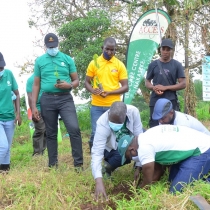

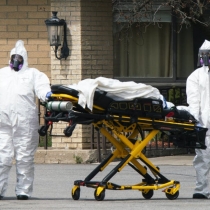


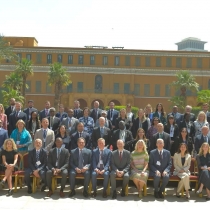







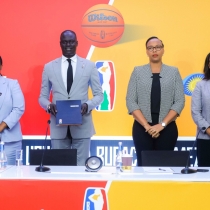



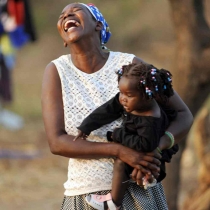





















Join the conversation